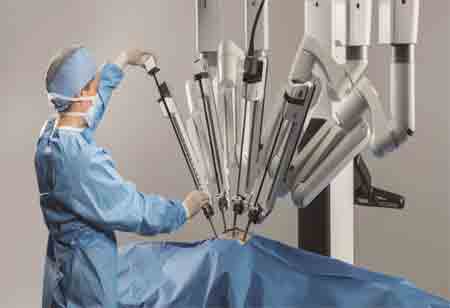Since EMR must be usable by various agencies, services, and stakeholders, it must be kept up to date. RPA can easily keep medical records updated and synced among providers, laboratories, pharmacies, and so on for greater accuracy.
Fremont, CA: Healthcare is one of the most important industries in terms of service, product distribution, revenue generation, and job creation. It also consists of many divisions that provide a variety of services. And, given the existence of these programs, it is essential to keep operations functional and streamlined.
Healthcare services must conduct various procedures such as billing and claims processing, patient admission, assigning medical staff, gathering patient records and data, and administering medicines in a hospital that has many divisions and several roles in each of those departments. These activities are either managed manually or by the use of pre-packaged applications. However, these ready-made software systems do not always fulfill their intended function because they make the process repetitive and time-consuming. Tracking these processes, as well as other critical tasks, becomes difficult.
Key ways RPA can streamline critical processes in healthcare:
Managing Electronic Medical Records (EMR) with RPA

